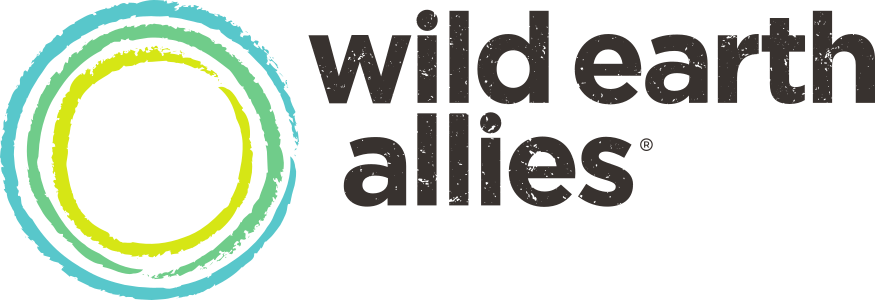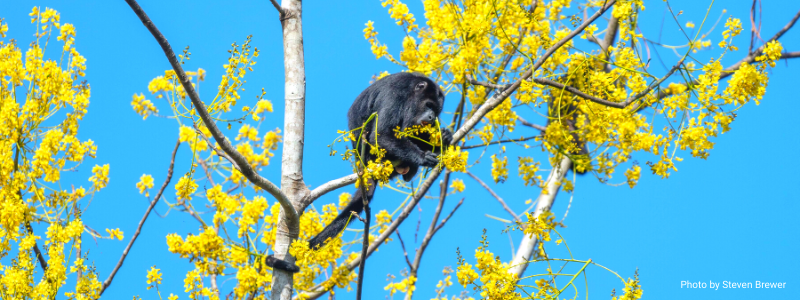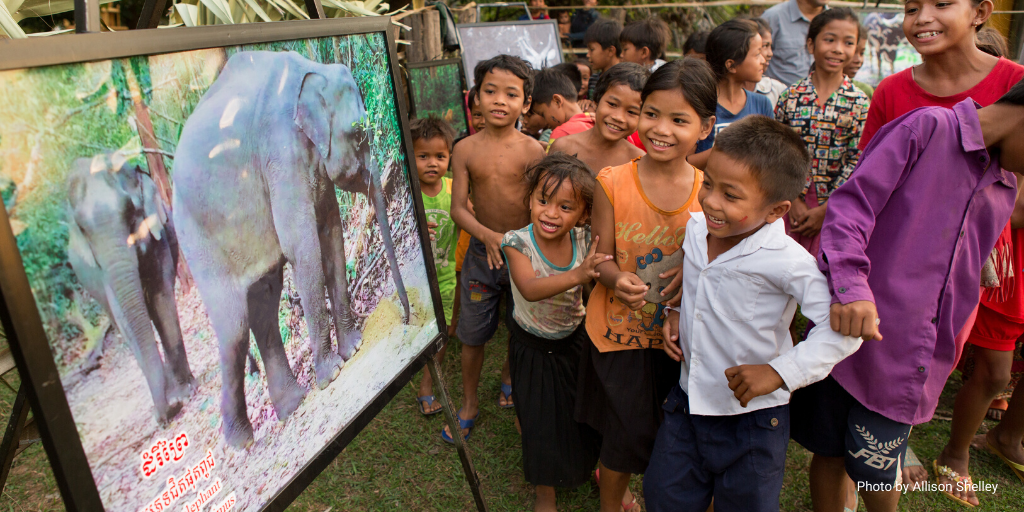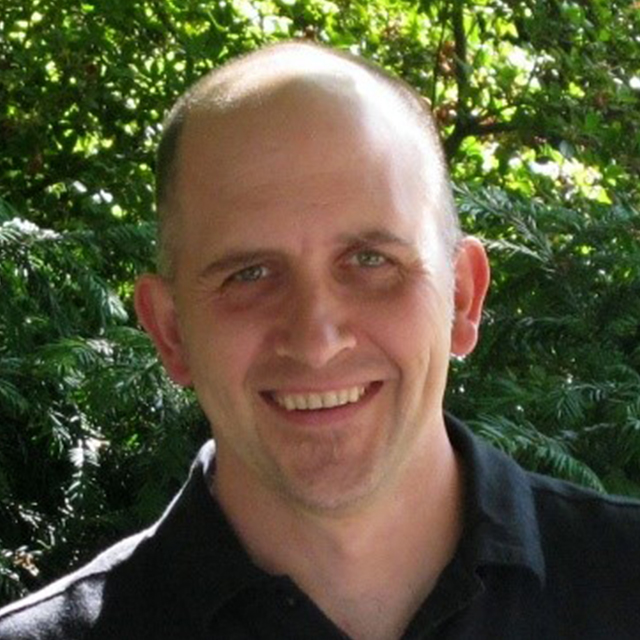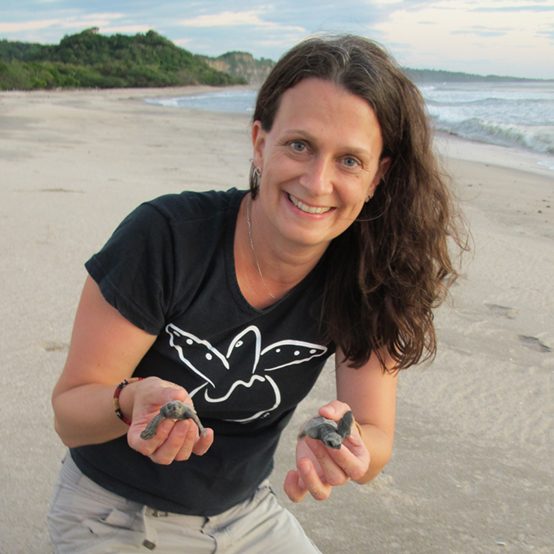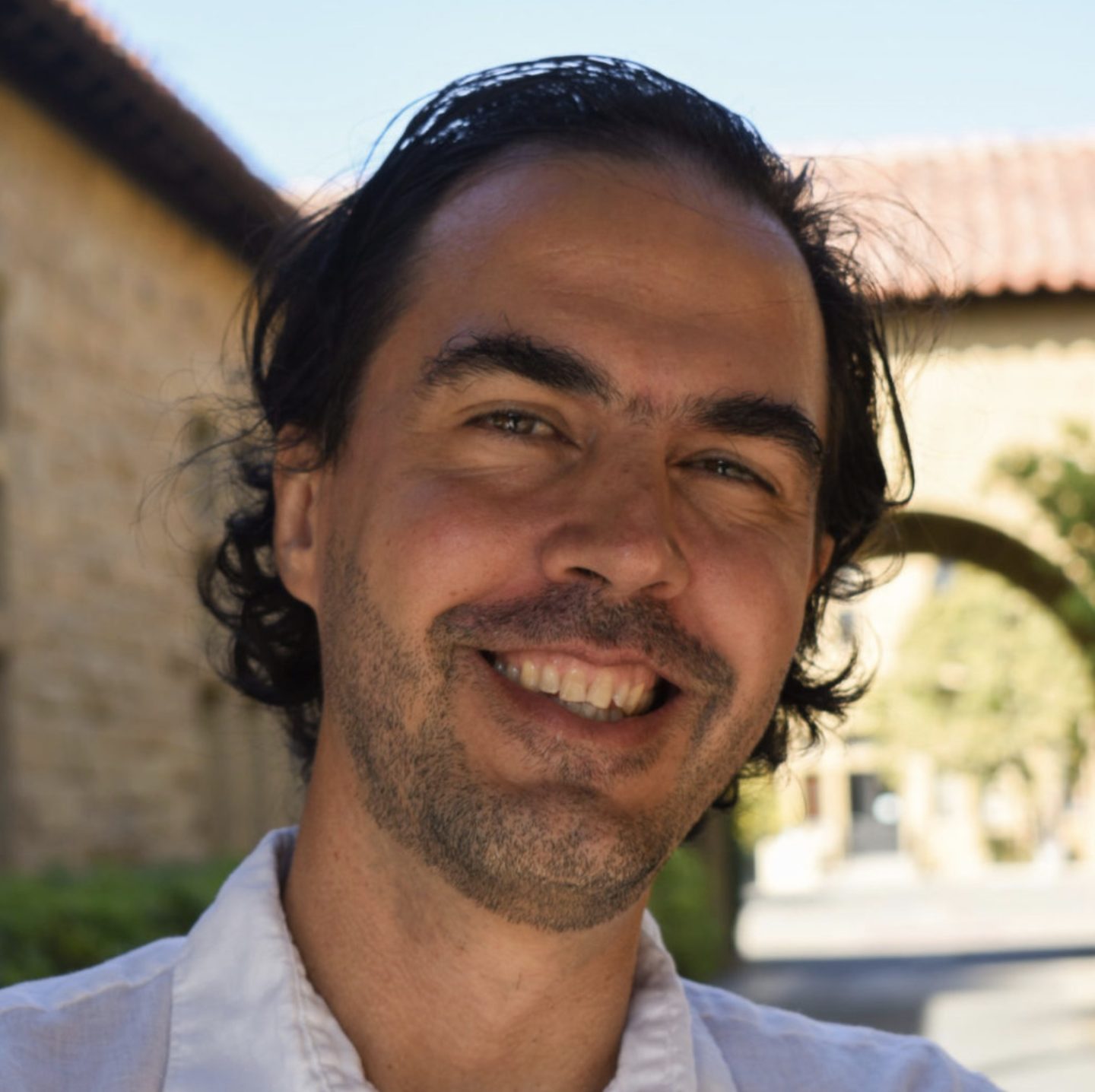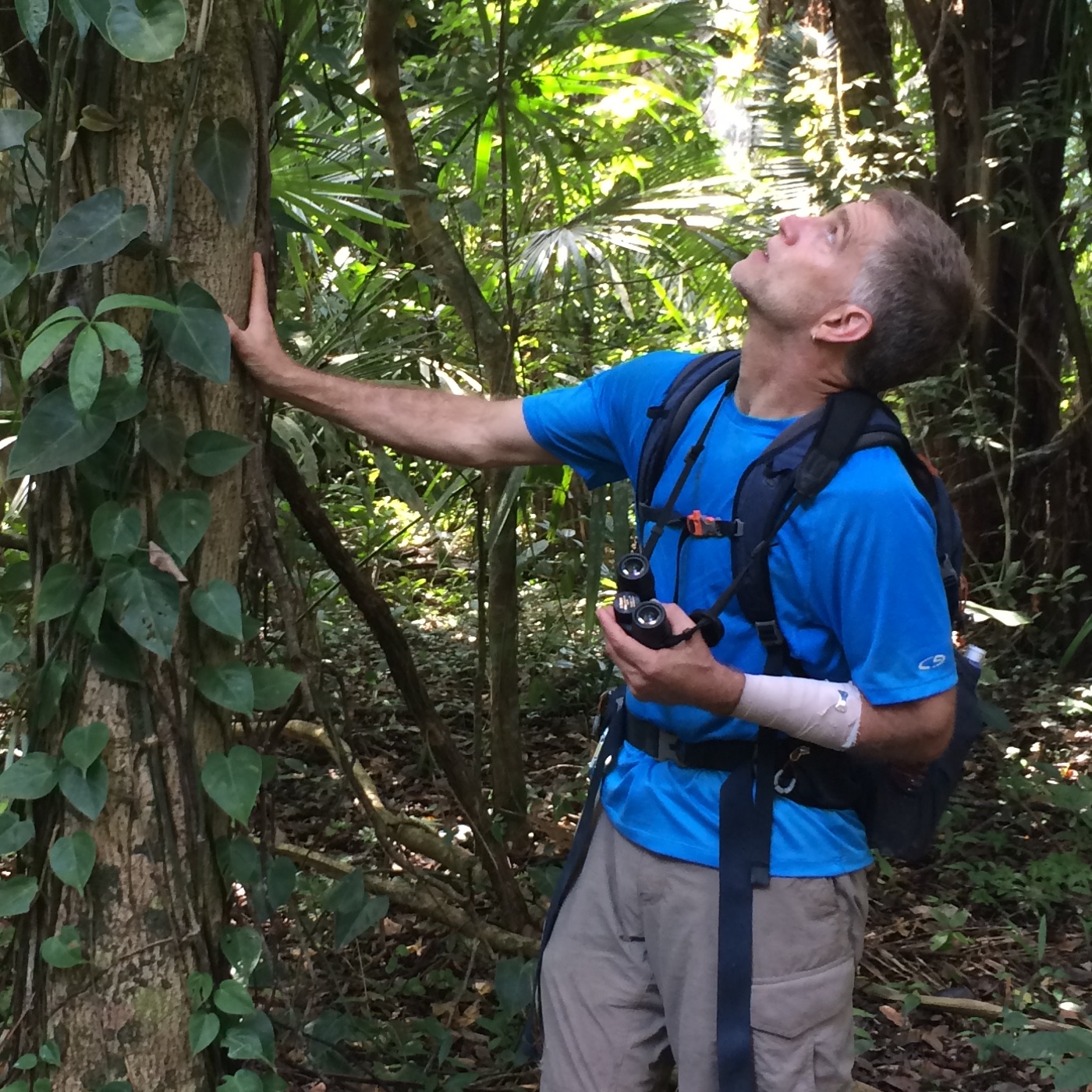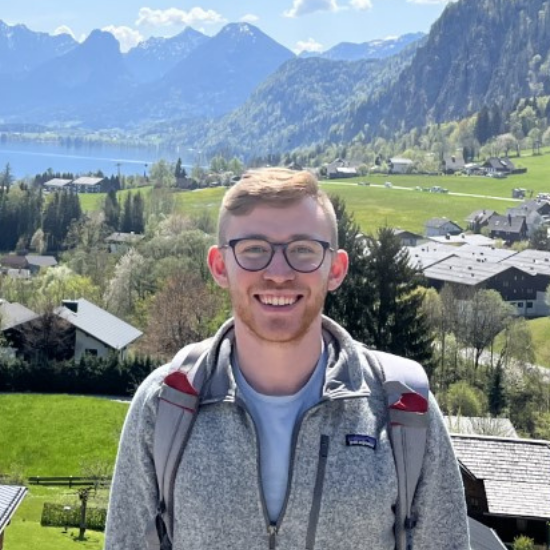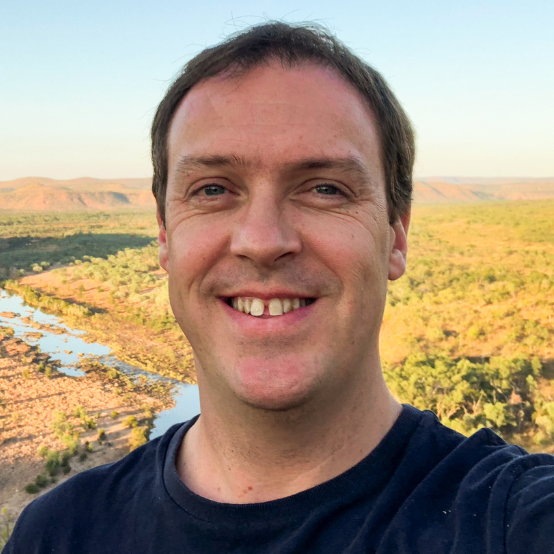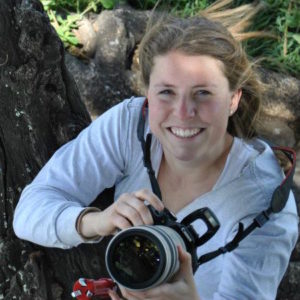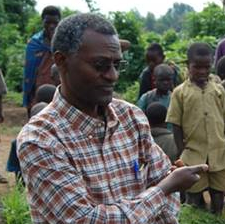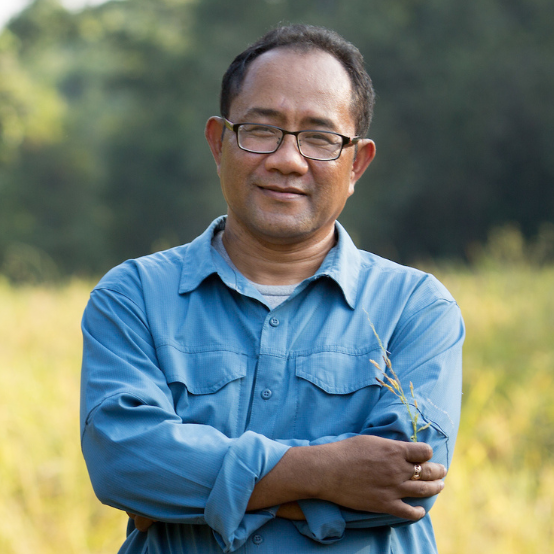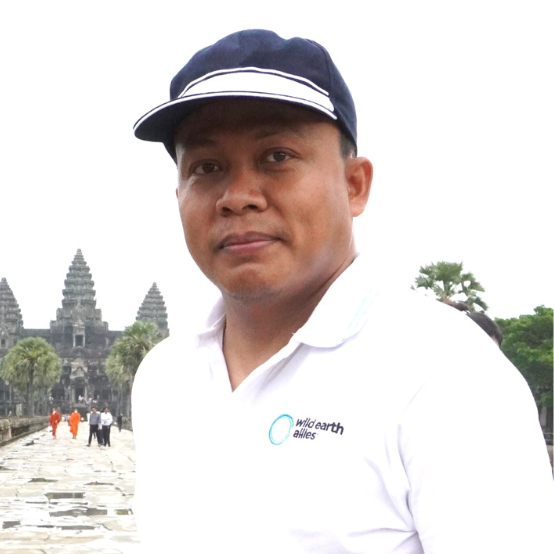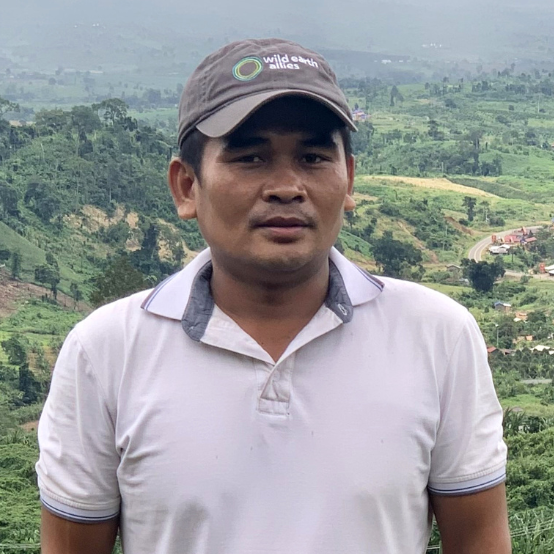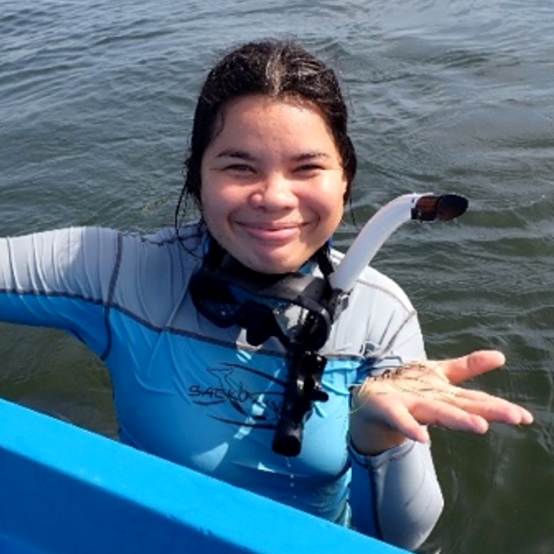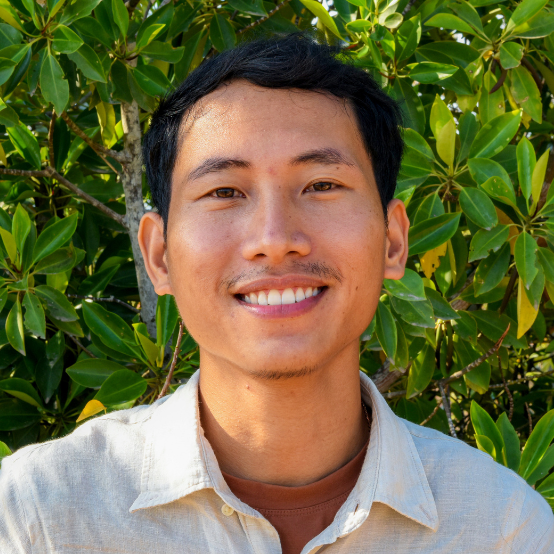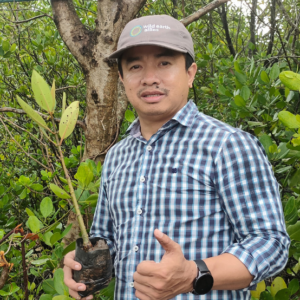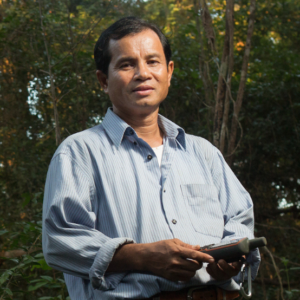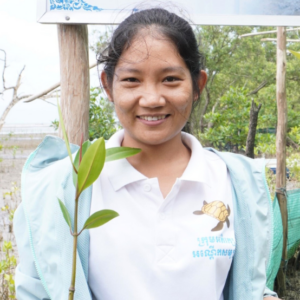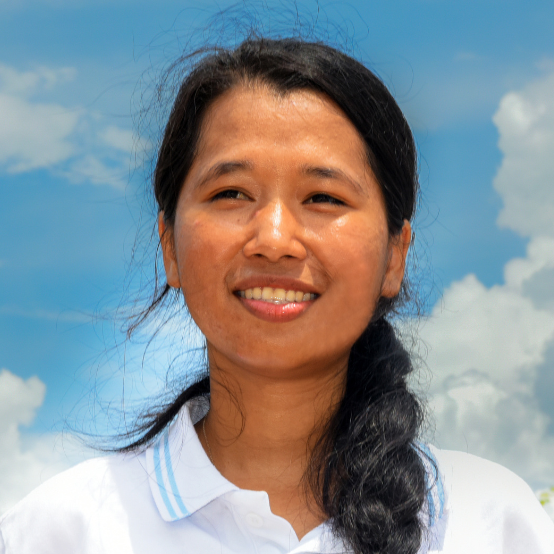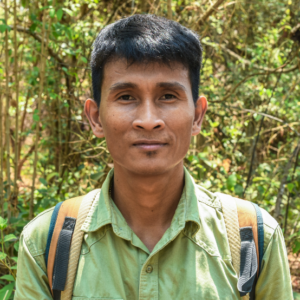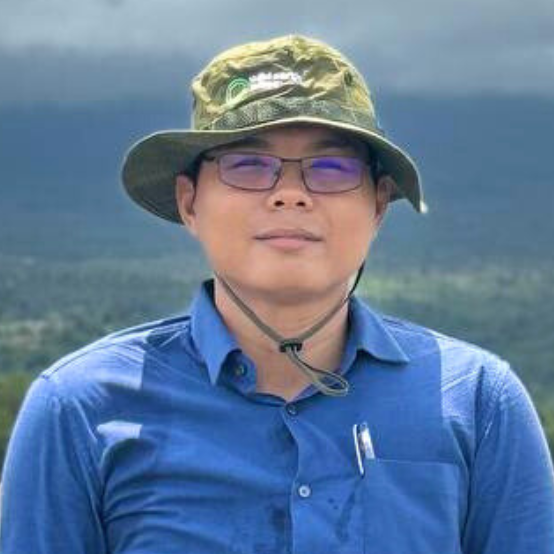We are proud to share field impact highlights from around the world. Our recent progress spotlights collective resilience and showcases the clear link between the health of wildlife, habitat and people.
Targeted work to protect areas of high biodiversity has perhaps never been more important.
CAMBODIA
Wildlife monitoring in Prey Lang indicates promising recovery of endangered and vulnerable species including Asian elephant and Malayan sun bear. Biologist Neang Thy has discovered a new species of gecko, bringing us to 58 recorded wildlife species. In the Cardamom Mountains, we responded rapidly to mitigate human-elephant conflict with affected community members. In Kampot, we advanced a new marine protected area with fishing communities and government through coral and seagrass surveys, mangrove restoration and environmental festivals.
EL SALVADOR
Our partner ProCosta and 160 community members protected 307 critically endangered hawksbill turtle nests and released 28,003 hatchlings last season, representing a protection rate of 93.9%. The team GPS-tagged 13 hawksbill yearlings, learning more about dispersal patterns and locating early-stage nursery grounds for improved conservation action. We also built a new community-run hatchery to reduce travel time transporting eggs to safety and worked with lobster fishers to test improved gear to reduce turtle bycatch.
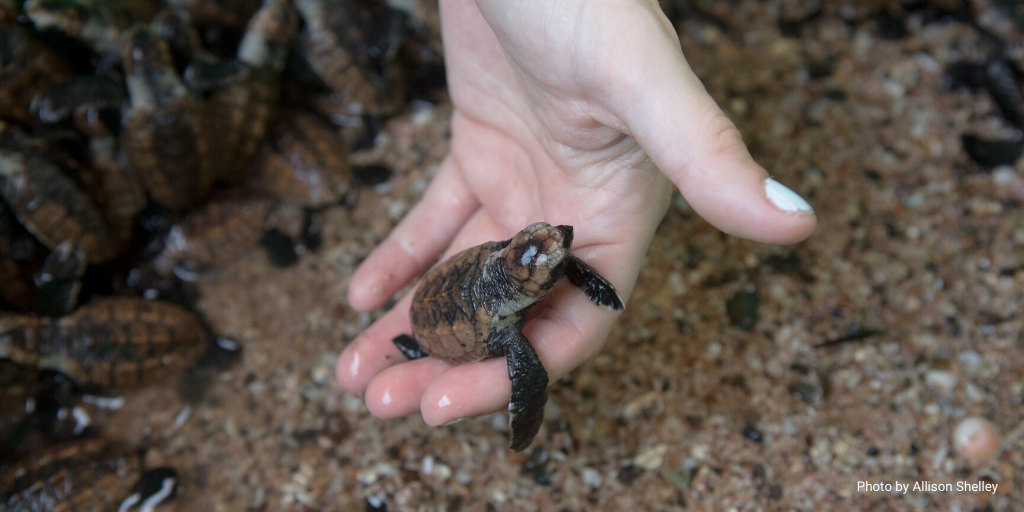
BELIZE
Exploring one the most intact forest blocks in Mesoamerica, our field botanist Dr. Steven Brewer recently discovered two more tree species in Belize. This brings the tally to 1,226 tree species and moves us a step closer to the Trees of Belize field guide. We led the first of several intensive two-week training sessions for the Forest Department with the assistance of Belizean botanist Luis Peña. We trained thirteen participants, in support of our goal to build greater in-country expertise for improved forest management and protection.
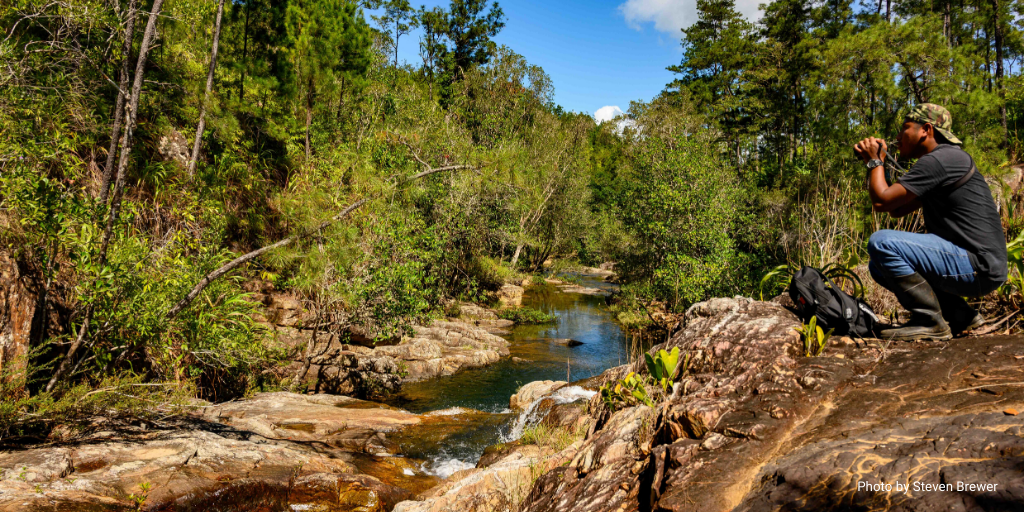
RWANDA
We expanded our household rainwater tank program, benefiting communities and reducing threats to mountain gorillas. Together with the women-led cooperative Imbereheza Gahunga, families have now built 75 water tanks, meeting the daily water needs of more than 1,400 people in 300 households. Beneficiaries reported children staying in school, improved hygiene, reduced health problems, and no longer needing to enter gorilla habitat to collect water. We are scaling this program to build 500 tanks in the most vulnerable communities bordering Volcanoes National Park.
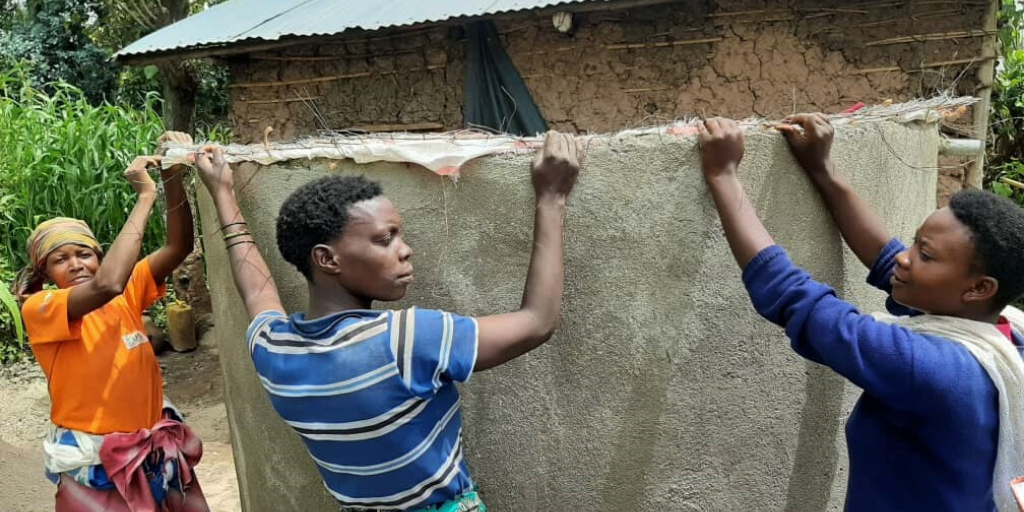
DEMOCRATIC REPUBLIC OF THE CONGO
Together with our partner Primate Expertise and the Congolese parks authority, we are addressing a spike in snaring inside Kahuzi-Biega National Park. This includes delivering emergency support for ranger patrols and food assistance locally – urgent needs during this pandemic, when critical tourism revenue has disappeared. With this rapid response, we are working to sustain our positive track record, including zero deaths or snare injuries to Grauer’s gorillas in the upland zone, and improved food security and income for 176 indigenous Batwa families.
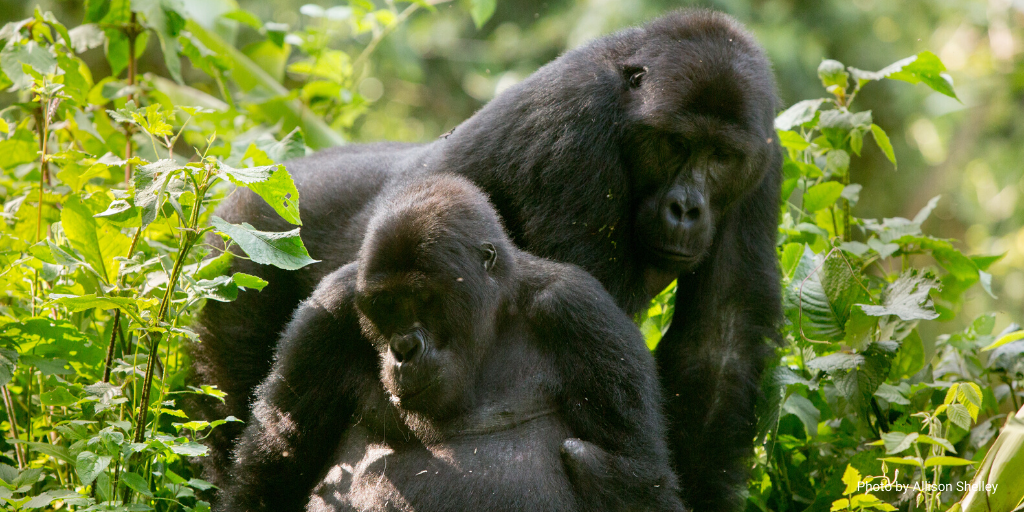
APE TREES
Celebrating the 50th anniversary of Earth Day, we featured a special new graphic illustrating an interesting part of our work with primatologist Dr. Augustin Basabose and his team in DRC. What began as field work collecting and analyzing gorilla dung became a way to collect tree seeds and grow them in nurseries to benefit gorillas and people. Last year alone 11,306 seedlings were produced and planted, improving the well-being of families in the region and reforesting key gorilla habitat.
In these times of COVID-19, working collaboratively to protect healthy ecosystems for wildlife and people has perhaps never been more important. Thank you for being with us on this journey.
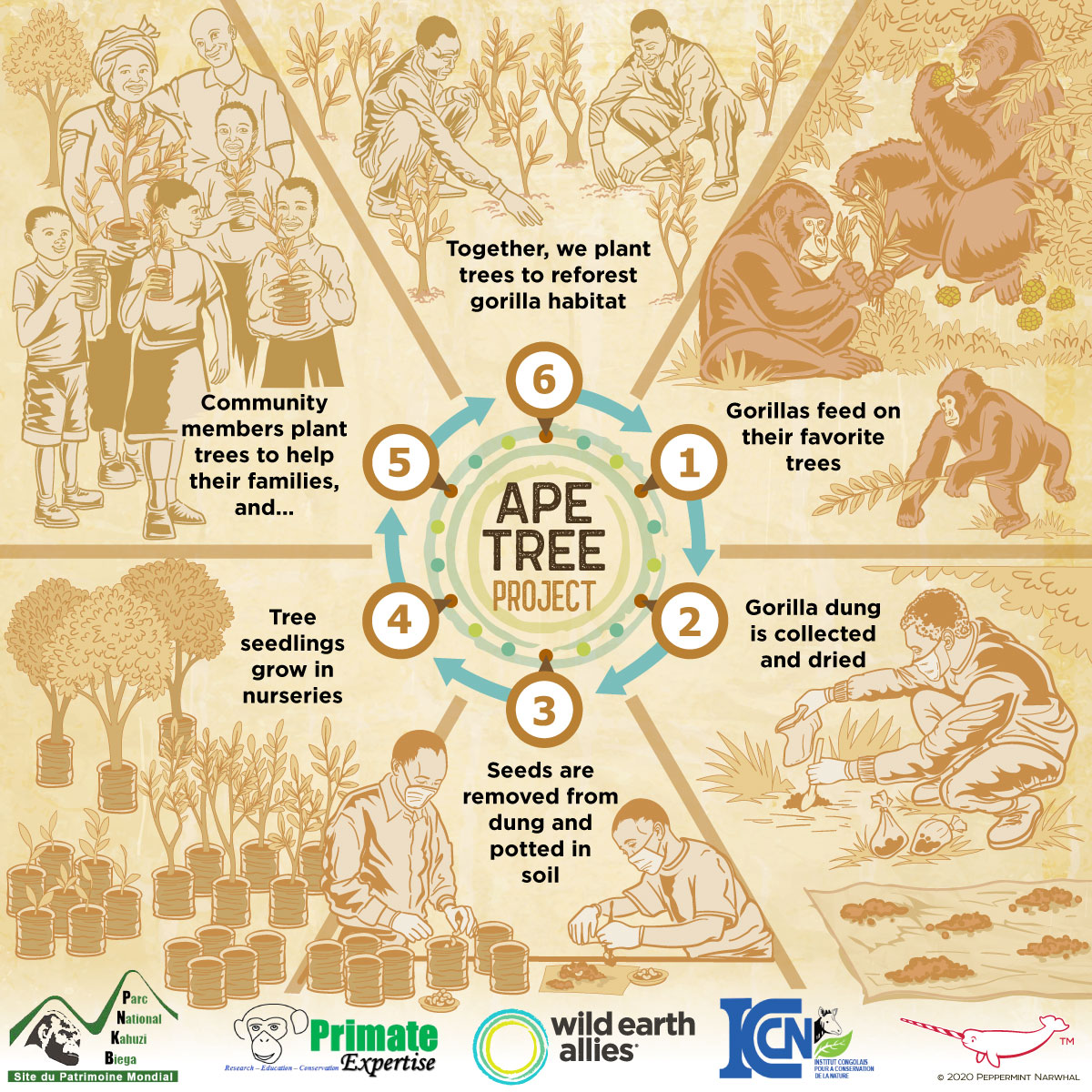
To learn more about the work Wild Earth Allies is doing across the world, please visit www.wildearthallies.org. And please consider supporting our work. Donate today.

